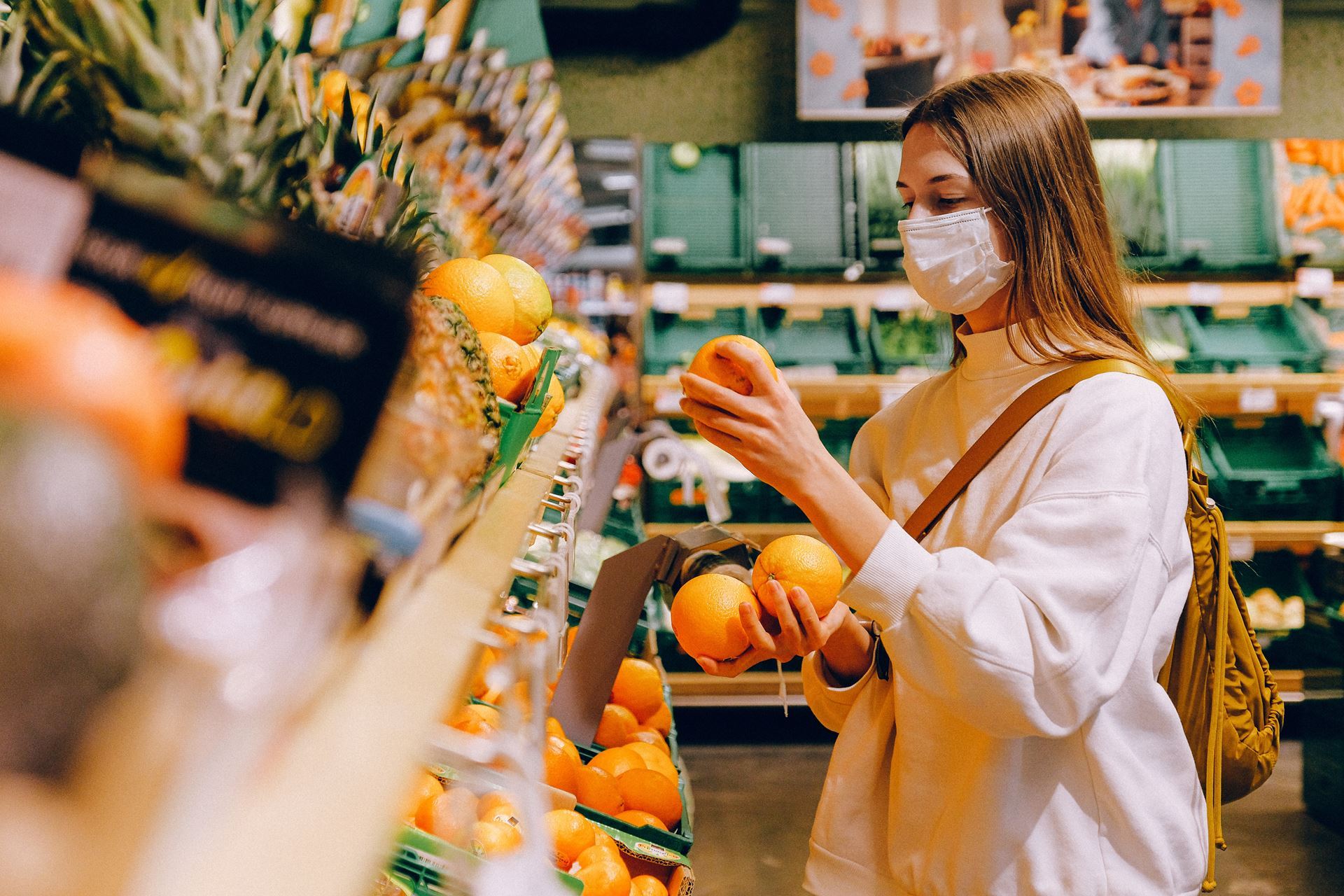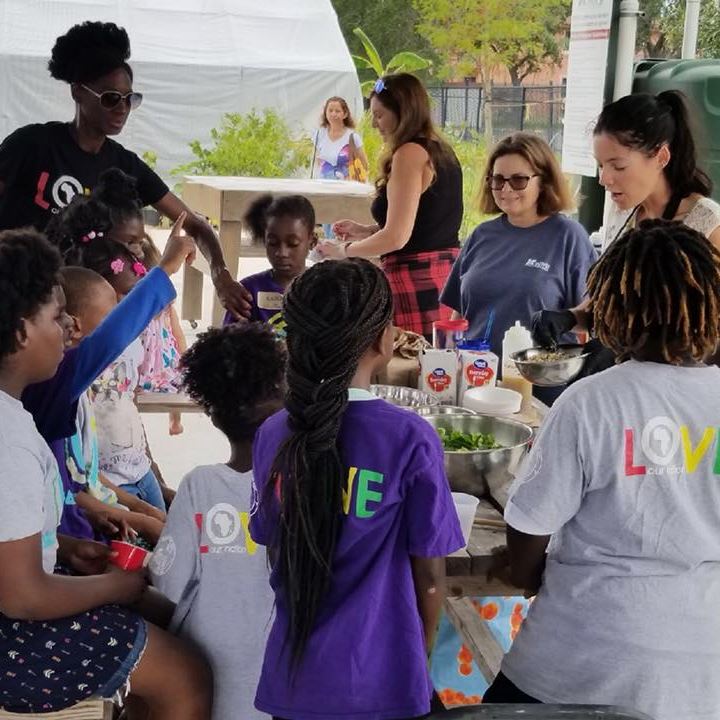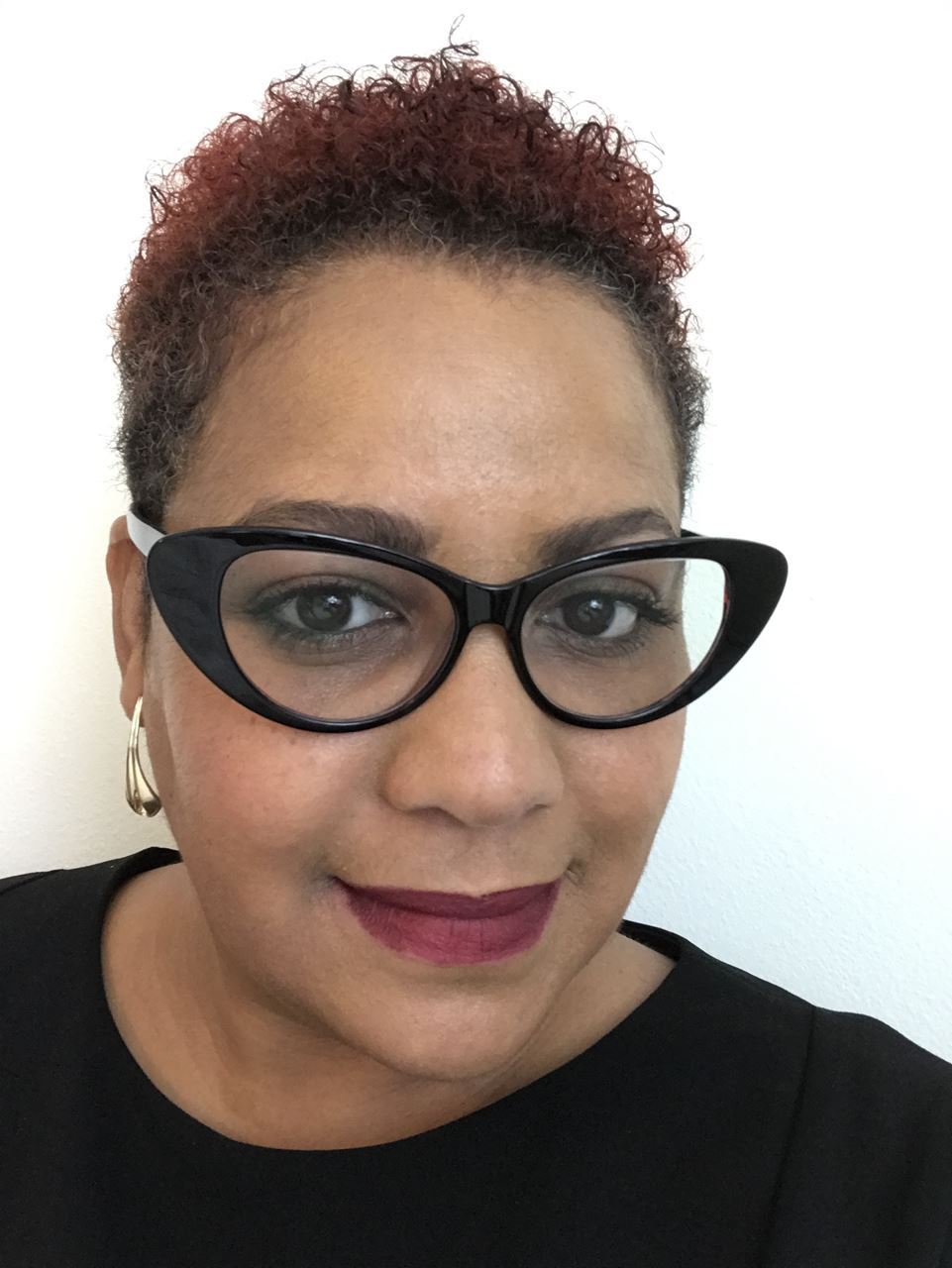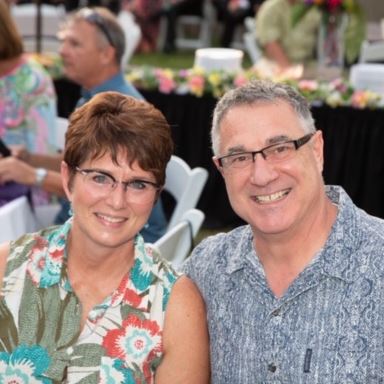
Follow Up: Special Florida Food Forum
COVID-19 Impacts on the Florida Food System
If you were unable to attend the meeting, the full presentation is available online here.
To keep the conversation going, please visit our forum on COVID-19 Impacts on the Florida Food System here to add your thoughts and comments.
On May 15th, the special edition of the Florida Food Forum on COVID-19 Impacts on the Florida Food System was led by FLFPC Board member Dell deChant.
During the forum, Dell hosted an interactive discussion with three panelists who each represented a distinct part of the food system—a grower, a distributor and a marketer. Jaime Castoro, Manager of Dania Beach PATCH, addressed the impact of the pandemic on growers; Nadia Clarke, Assistant Director for the office of Family and Community Engagement (FACE) Broward County Public Schools, discussed her role from the standpoint of distribution; and Jeff Wright, owner of Wright’s Natural Market, gave a perspective on the pandemic’s effects on markets.
The forum began with each panelist providing an introduction to how the pandemic has affected their work.
The first speaker was Jaime, who introduced Dania Beach PATCH.
Established in 2012, PATCH is one of the largest and longest running markets in Broward county, and it is supported by the local government
“The vision of PATCH is to strengthen the community by promoting healthier lifestyles, eating habits and physical activities; increase access to healthy foods; create a clean, safe, family friendly social gathering place for the community; grow and sell fresh non-GMO produce, grown to organic standards; and promote economic development through support of the local home-based food and craft industries.”
Jaime explained how pre-COVID-19, PATCH would put on weekly events such as yoga, beekeeping workshops, art and craft days and participated in the Fresh Access Bucks program. They had also just began using mobile markets. Post-COVID-19, however, PATCH markets were completely closed for 2 weeks with growing reduced to a minimum. Since then, PATCH has pivoted to selling online where an availability list is released each week and customers are able to email their orders and process payments online. EBT and SNAP users are still able to make purchases, however, they must complete their payment in person. Along with new educational fliers on safe food tips being given with customer purchases, donations of produce to local organizations in the community have also increased.
“We are living in a historical moment in time,” Jaime said. “The lessons learned and policies enacted will shape the food production and distribution landscape for a long time, so we really need to be thoughtful and inclusive when setting these policies.”
Through this experience, Jaime pointed to a number of lessons learned. First, online ordering and processing has allowed more time for producing, which is something they may continue to do going forward. Second, it has become more apparent that there is huge demand for locally grown produce, therefore more methods are needed to engage and capture these customers. Third, the importance of using their nursery to its full potential is now clear, which includes selling seedlings and materials to customers as there is growing interest in developing backyard gardens.
Next to present was Nadia, who spoke about the “Together 4 Broward” taskforce.
The taskforce came together with help from a group of Broward service organizations committed to supporting their community during extraordinary times.
“We know that Broward is the 7th largest in the nation, and that meant that a lot of students wouldn’t have access to meals for breakfast and lunch,” said Nadia. “We also knew that because our buildings are closed after school, and some of our afterschool programs offer snacks and supper, they too would not be able to offer those services.”
Using a timeline, Nadia described how the taskforce developed over the past two months beginning on March 13th, the date school doors officially closed. After, on March 15th, the taskforce began hearing questions about food rescue and distribution from community partners and on March 17th, held a community initiative meeting. Out of that meeting came the action item: to create a single database of food resources across the county.
The taskforce was able to partner with Anthony Olivieri, a GIS mapping expert and FLFPC Board member, to create a map which would serve as that special database. Then on March 26th, Broward County Emergency Management decided to join the taskforce which increased access to county resources. On March 30th, the map and webpage went live on the Children’s Services Council of Broward County website and on May 15th, the map and webpage migrated to the Broward County website, which has increased the functionality of the map.
Now that the map is live, information has been made available via multiple resources including Broward School’s communication team, Broward County and community partners. The map’s special feature is that a location can be found from any address and from there directions can be provided to the closest distribution site.
Working closely with various food donors and organizations, including Broward Schools Office of School Food and Nutrition, Feeding South Florida and South Florida Hunger Coalition, maintaining the map with up-to-date information has been possible. Going forward, the taskforce is now looking at other ways in which they can provide support for the county.
The focus then shifted to Jeff, who introduced Wright’s Natural Market.
In operation for over 26 years, the market that once started out with 840 square feet and has since grown to 3600 square feet. Inside the market mainly locally grown and organic produce is sold, and customers can find bulk foods, bulk herbs, packaged non-GMO and organic groceries, supplements, as well as a café.
In response to how the pandemic has affected the market Jeff said, “Our goal as a community hub and gathering place, was to try and keep as much normalcy in our operation as we possibly could. We really felt with the anxiety that people were feeling and the uncertainty of not knowing how this [virus] was communicated or passed from one person to another, whether we should be wearing masks or whether we should be wearing gloves, and distancing, we really wanted to keep as much normalcy as possible.”
Although workshops were discontinued, the farmers market was kept open. “The farmers that had enough harvest to support the community in any kind of volume were spread out and we asked our customers and community to support them but practice social distancing.”
One of the struggles Jeff noted was how supply chains have been visibly stretched. For example, at one point the store had only received about 30-40% of groceries ordered. In addition to products such as water and toilet paper, they have also had difficulty procuring canned and dried goods, as well as supplements for immune support. Yet, surprisingly, Jeff said that there wasn’t much difficulty stocking certified organic or locally grown produce. In fact, since the stay-at-home order, he has seen an increase in purchasing of fresh produce.
“We are also seeing where consumers or the general public are finally waking up to the notion of understanding where raw materials come from,” said Jeff. “We see this need that sourcing of foods and things needs to be closer to home.”
In regards to policy Jeff said, “Anytime we can have more urban farmers in our community, we make our economy more resilient. We actually make our towns in that community that farming is happening in actually more economically strong and wealthy, as well as the food supply is safer, as well as the enzyme activity or the nutritional value is more relevant to help with digestion and allergies and helps with what we really need in Florida. So, I see a need for policies to change to help foster that.”
Going forward, Jeff illustrated certain policy actions that may have a positive effect on the Florida food system such as: limiting the amount of crops exported so that more crops are accessible locally, inhibiting crops from coming in to Florida to protect local farmers, and encouraging farmer growth through programs, as well as strengthening distribution channels to help smaller farmers.
The forum was then opened for a lively question and answer session which brought up a number of important issues. To view the full forum, visit here.
Links to Resources:
Dania Beach PATCH Website
Together 4 Broward Interactive Food Map
Wright’s Natural Market & Café Website
Relevant articles:
The Coronavirus Reveals The 'Invisible Inequalities' In Our Food System, Huff Post
Farmers plowing under crops, dumping milk, New York Times
What the Coronavirus means for Food Insecurity, The Hill

Host Bio: Dell deChant is a Board Member of the Florida Food Policy Council, Associate Chair of the Department of Religious Studies at the University of South Florida, author of four books and numerous articles. Research foci: Agrarianism and Food Sovereignty. He is Chair of the New Port Richey Environmental Committee and Convener of the USF Food Sovereignty Group.
Panelist information:

Jaime Castoro is the current manager of Dania Beach PATCH located in Southwest Florida. Jaime has worked in various capacities with the Dania Beach PATCH and Broward Regional Health Planning Council since 2014 to strengthen fresh food availability to low access communities across Broward county.

Nadia Clarke joined Broward County Public Schools in February 2016 as the district’s Assistant Director for the office of Family and Community Engagement (FACE). Nadia brought with her over 20 years of experience in community engagement, leadership, out-of-school time program development and management serving under-resourced communities. Under Nadia’s leadership, the office engages families and the community in support of healthy schools through the implementation of research-based strategies and programming. Nadia’s core belief in the power of community led to Broward Schools’ first emancipatory research project, the Community Equity Project (CEP) for the Boyd Anderson and Dillard Zones. The goal for this project is to engage the community as a full partner in creating and implementing an action plan addressing the needs of families while supporting the academic outcomes for students.

Jeff Wright has over 26 years of experience in organic grocery and health alternative retailing. Jeff and his wife Kathy are co-owner/operators of Wright’s Natural Market for 26 1/2 years. As certified nutritionist, they teach the community about healthy organic lifestyles. Jeff currently is the chair of Pasco County Food Policy Advisory Council (FPAC). He has been involved in industry trade associations for 25 years serving on regional and national board of directors for Natural Products Association and as past President of the Natural Products Association, and past president of Southeast region. Wright’s Natural Market is located in the downtown district of New Port Richey (a designated food desert). A very important part of the move is to help create a food distribution channel or hub helping local farmers and artisans get their products to market other than farmers markets i.e. natural foods store, and restaurants.
Disclaimer: The views of the speakers do not represent the views of the Florida Food Policy Council. We are a forum for the offering and sharing of information and encourage diversity and communication within the food system.